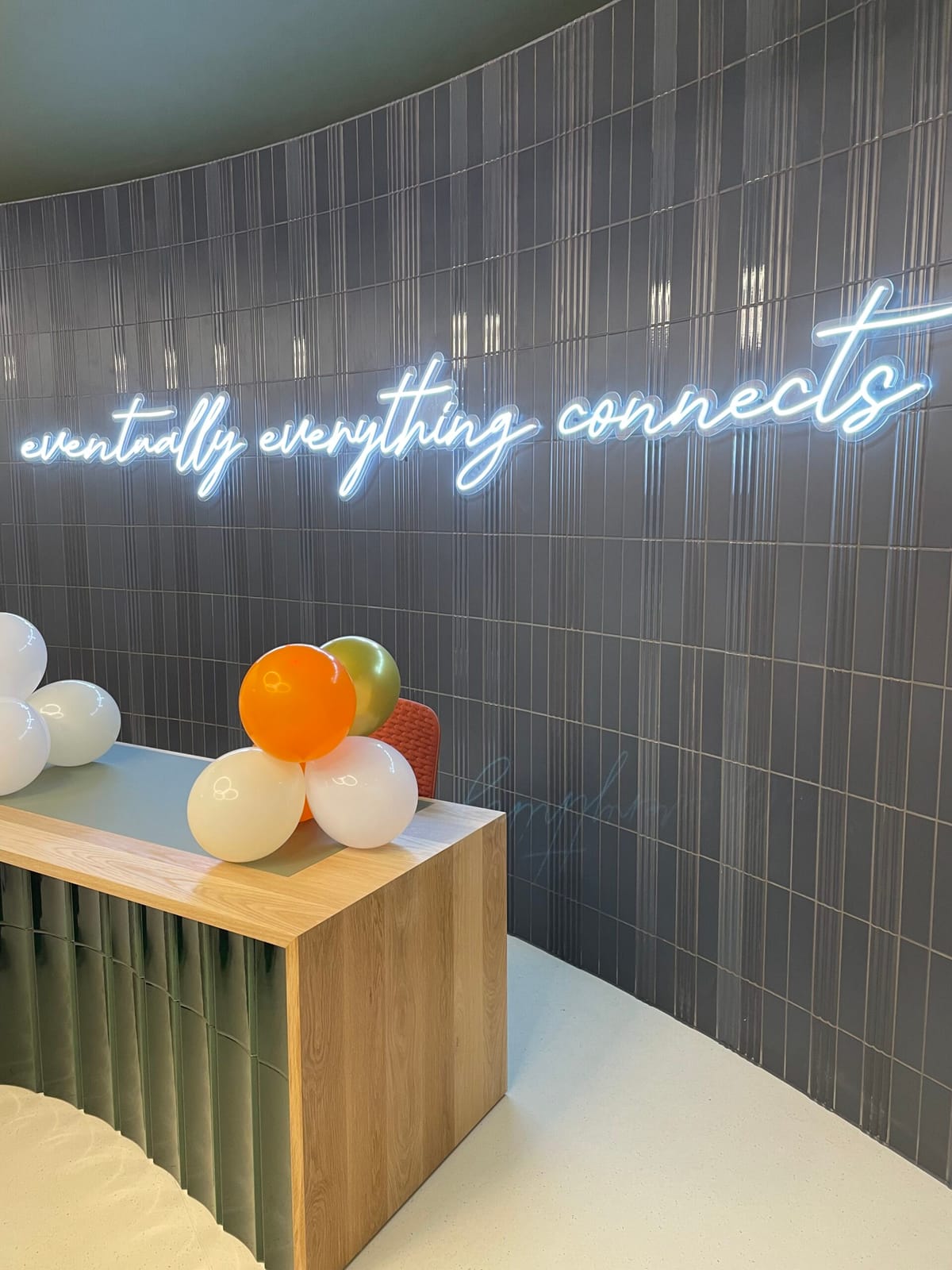SOAS SU: A Prison for Progress

Anonymous
For Islamophobia Awareness Month this year, the SU organised a series of events in support of SOAS’ Muslim students. On 22 November, a poetry reading and gallery were held at the JCR. Student Zahra Seedat read a poem to open the event, and the SU invited the charity MEND (Muslim Engagement and Development) to help create an infographic about islamophobia. The colourful poster advertising upcoming events displayed the logo of the controversial Prevent scheme, which the Student Union itself refused to comply with when it was first introduced nearly a decade ago, describing it as “Islamophobic”, “target[ing] Muslims and people of colour.”
The event was organised by the Students’ Union Co-President for Activities and Events, Maryam Choudhary. There were also political and podcasting workshops and a session on combating Islamophobia. Despite Choudhary expressing her willingness for the SU and the Islamic Society to collaborate, it is unclear whether the Student Union worked in conjunction with the SOAS Islamic Society to plan the events as there has recently been tension between the two groups.
Tensions may be related to critiques of the SU for their lack of statement regarding the ongoing Palestinian genocide, which intensified earlier this year following altercations between the settler government and Palestinians in early October. The Student Union failed to respond until 23 November.
Historically, the Student Union has encouraged students to join sit-ins, occupations, held a strict “No Cops on Campus” policy, and actively protected picket lines.
Multiple instances of previous SU members being politically vocal and publicly critical of SOAS management exist. An anonymous second-year law student criticised this change as “marketising” and “corporatising” the Student Union. The ‘SU CEO’, a newly created role, meant to represent the Student Union on the SOAS board of trustees, is said to control what is allowed to be circulated and what statements are allowed to be made by the Student Union.
Jamal Akram also outlined his plans on how to enact change to create religious inclusivity and equity on campus – the creation of more prayer rooms, helping students who have a lecture during Jummah, and an entrepreneur mentorship scheme. He relayed that he wishes to be a conduit to enact the change students so desperately want, however, continued by saying that it is difficult being the middleman between management and students. Despite this, he has pledged for the Students’ Union to push management as much as possible and try to represent the student body as much as they can. This statement comes after a significant restructuring of the organisation of the Student Union, which previously held monthly General Meetings as well as strategic priorities referendums every three years where students could vote for the issues they thought were most important, neither of which are enacted today.
Furthermore, the current board of Trustees has been critiqued for making the Student Union less democratic and has been accused of forcing SOAS to be more like other UoL Universities. As previous student Saul Jones said in a candidate interview for the 2016 SU elections, “if the specialisms of SOAS disappear, there is no reason for it to exist.” Pre-pandemic relations between the SU, student body, and Trustees have historically been tense, however current relations between the Student Union and the board of trustees seem to be unproblematic.
“The diluting of the Students’ Union’s power seems to be part of an overarching phenomena occurring at SOAS and what was originally left of the institution seems to be now dwindling and looks set to disappear.”
The Co-President for Democracy and Education, Reem Walid, added that the structure of the SU itself makes it a hard place to work as roles are only held for a year and members have to learn new governance, bureaucracy and processes. According to Walid they also inherit issues from the previous administration. To her, the students consider the SU a body that should cater only to student needs, when in reality duties are also split between focusing on the governance, processes, and the day-to-day running of committee meetings. An example she pointed out was the increased securitisation of SOAS, a project worked on by sabbatical officers last year. According to Walid, even though students feel like nothing is being done about these issues, processes are being conducted behind the scenes— although at a significantly reduced pace. Walid advised students who are unsatisfied with the running of SOAS to organise a response and bring it to the Student Union. In the future, the Co-President for Democracy and Education wishes to focus on increased engagement between students and the SU, as well as supporting campaigns.
Diluting the power of the Students’ Union seems to be part of an overarching phenomena occurring at SOAS, and what was originally left of the institution seems to be now dwindling and looks set to disappear. The future of the SU remains unclear.
Photo Caption: The entrance to the newly refurbished SU on the day of its opening [Credit: Lulu Goad]



